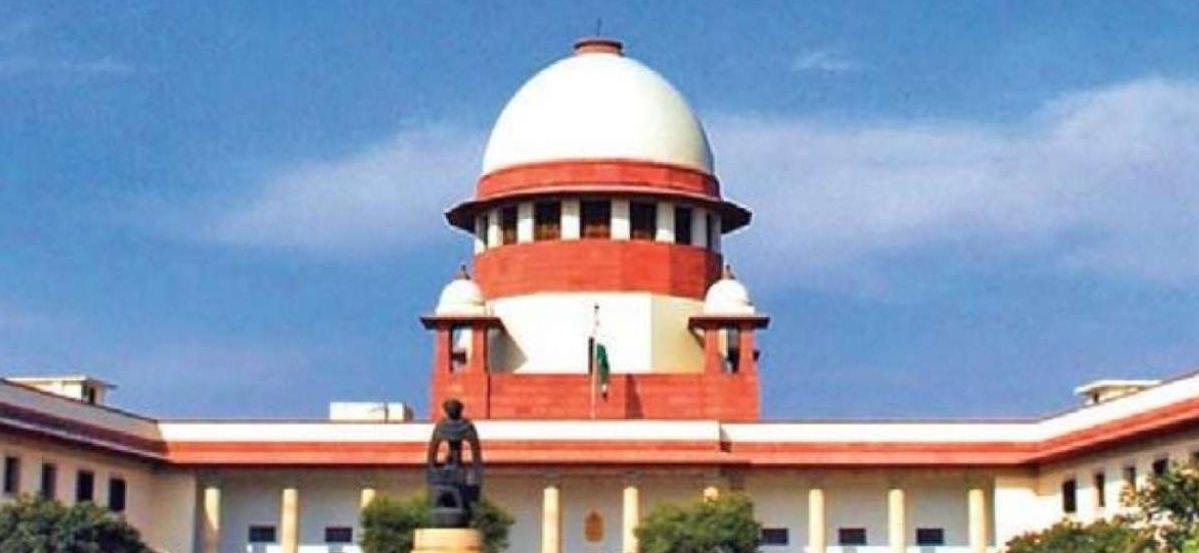
Supreme Court to review pleas challenging order upholding EWS quota
text_fieldsNew Delhi: The Supreme Court will review the petitions challenging its verdict upholding reservation for the Economically Weaker Section (EWS). A five-judge bench headed by Chief Justice of India (CJI) DY Chandrachud will review the matter on May 9.
The court in November 2022 upheld the validity of the 103rd Constitutional Amendment that provides 10% reservation in government jobs and educational institutions for the EWS. Then CJI UU Lalit, Justice Dinesh Maheshwari, Justice S Ravindra Bhat, Justice Bela M Trivedi, and Justice JB Pardiwala heard the plea challenging the 103rd Constitution Amendment. Three out of five judges had agreed that the EWS quota did not violate the law.
Justices Dinesh Maheshwari, Bela M Trivedi, and J B Pardiwala upheld the law.
In November, Justice Dinesh Maheshwari said: "There are some issues and points of determination as to whether it violated basic structure, secondly, if the exclusion of backward classes from getting EWS is violating the equality code and basic structure." The bench discussed whether there was a breach of the 50% ceiling and concluded that the quota does not violate the equality code and basic structure.
About the exclusion of SC/ST/OBCs from EWS reservation benefits, Justice Bhat said: "Our constitution does not permit exclusion and this amendment undermines the fabric of social justice and thereby the basic structure." He added: "This amendment is deluding us to believe that those getting social and backward class benefits are somehow better placed. By excluding the poor among SC/ST/OBC from economically backward classes, the amendment practices constitutionally prohibited forms of discrimination."
The CJI also disagreed with the quota.
The EWS quota was introduced in 2019 by the government and the 10% reservation applies to the people who are not covered under the existing scheme of 50% reservations for the Scheduled Castes, the Scheduled Tribes, and the Socially and Educationally Backward Classes (SEBCs).























